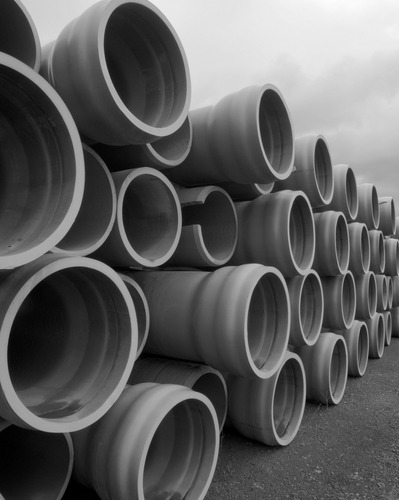
On Friday, Pennsylvania Sens. Wayne Langerholc, Jr. (R-35), Joe Pittman (R-41), and Gene Yaw (R-23) announced they would be introducing a resolution that urges President Joe Biden to restart the Keystone XL Pipeline.
With oil prices soaring over $100 per barrel and the U.S. importing more than 800,000 barrels of oil per day from Russia, the legislators said the unprovoked attack on Ukraine not only jeopardizes the availability of this supply of oil but also casts a shadow on future prices.
“This resolution demands that we reengage in the discussion of energy independence,” said Langerholc said. “We must use the abundant natural resources that we and our allies have within our reach to put us on a path towards energy independence. While the Keystone XL pipeline is but one piece of this puzzle, it represents a tangible solution to the problem. We cannot continue to be held hostage to foreign entities and radical environmentalists. The time for energy independence is now as is evidenced by the events on the world stage.”
The legislators said the move would soften the blow for Americans facing increases in costs at the pump.
“Unless we act now to ramp up domestic oil and gas production, there will be little other way to shield Americans from extraordinary price increases,” Yaw said. “Although shortsighted climate rhetoric has left our national security at risk, we can still pivot and limit the impacts of this geopolitical crisis.”
The Keystone XL Pipeline would provide Americans with freedom from foreign oil, they said.
“The United States should pursue an all-out energy production effort to not only give our country independence from Russian-generated energy or any other energy produced by those who don’t share America’s interests but also provide our allies with a supply of energy that doesn’t come at the cost of the freedom of other sovereign nations,” Pittman said. “The Keystone XL pipeline is critical to our national energy infrastructure, and it’s also very symbolic of a desire to secure our energy independence for not only economic interests but national security interests.”